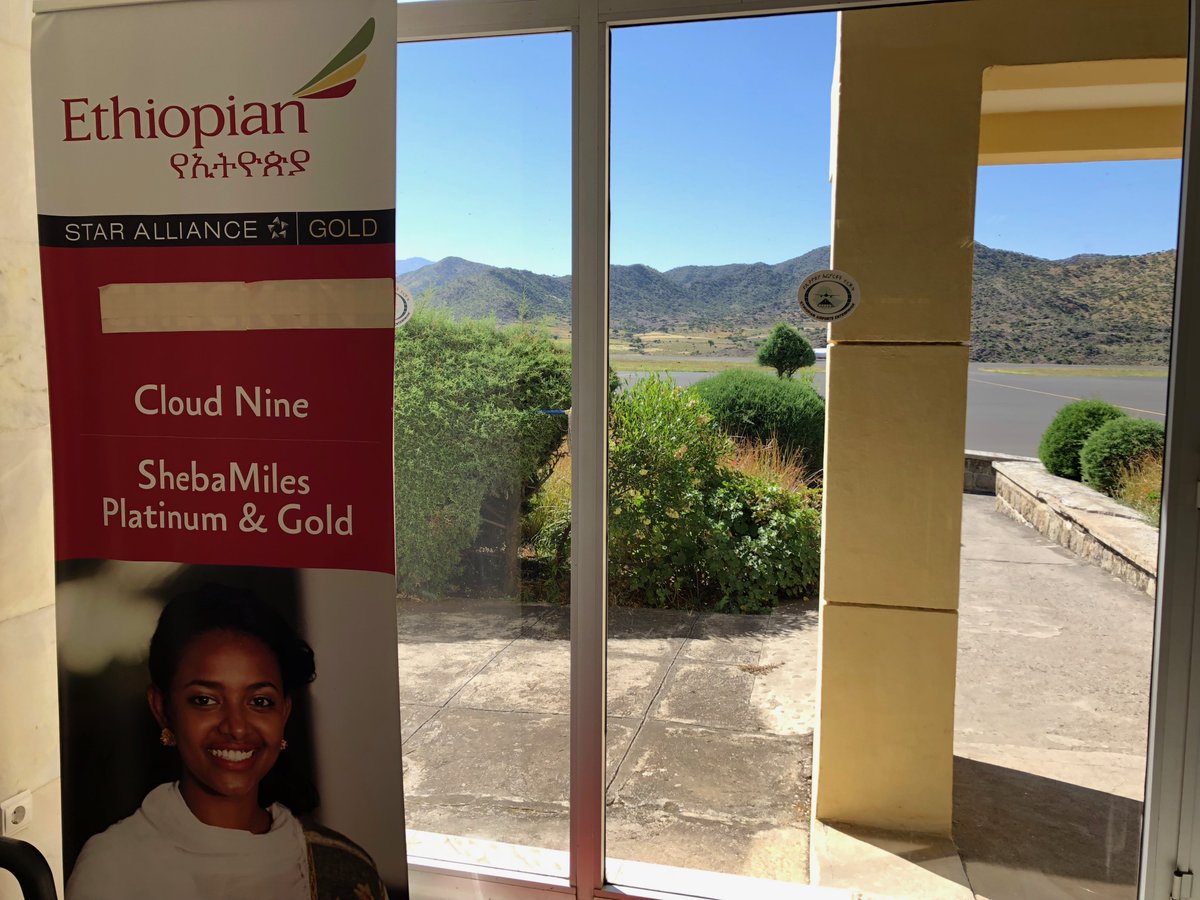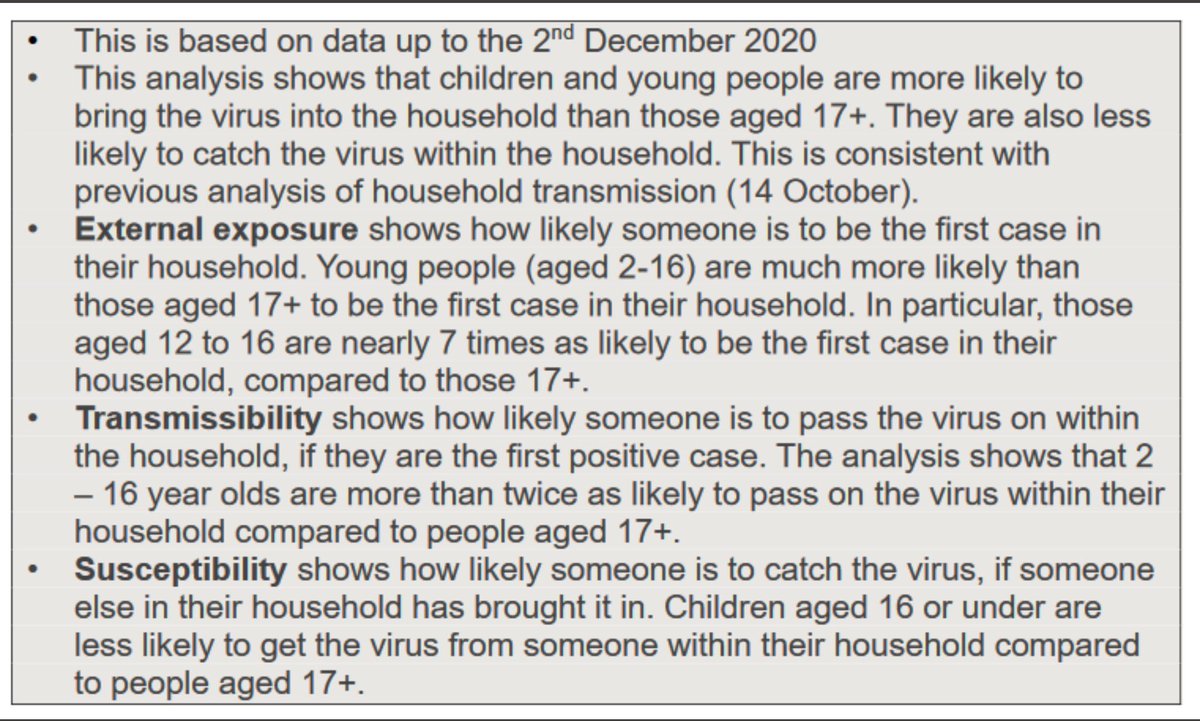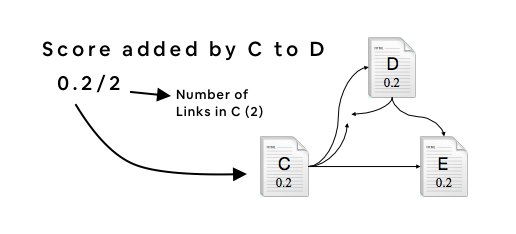@axios This article is so misleading. My thread:
Money does NOT follow every student to private religious-affiliated schools. Money follows ANY student to PUBLIC charter or cyber schools.
"Concerns about potential inequities in the availability of different schools to different families, based in large part on geography, are plausible but have not been subject to systematic empirical analysis."
"The surge in summer and fall applications for schools offering in-person education has been as uneven geographically and economically as the coronavirus itself."
The Southeast is a different story... But other schools in the region struggled to hold on to students, with 59 percent reporting lower enrollment this year."
Awful journalism!
PreK/K aren't mandatory.
"More than 100 private schools — mostly private Catholic schools — have permanently closed this year because of pandemic-related challenges."
"Surging"...? Very misleading when you select random statements out of context from multiple sources.
More from Education
Working on a newsletter edition about deliberate practice.
Deliberate practice is crucial if you want to reach expert level in any skill, but what is it, and how can it help you learn more precisely?
A thread based on @augustbradley's conversation with the late Anders Ericsson.
You can find my complete notes from the conversation in my public Roam graph:
https://t.co/Z5bXHsg3oc
The entire conversation is on
The 10,000-hour 'rule' was based on Ericsson's research, but simple practice is not enough for mastery.
We need teachers and coaches to give us feedback on how we're doing to adjust our actions effectively. Technology can help us by providing short feedback loops.
There's purposeful and deliberate practice.
In purposeful practice, you gain breakthroughs by trying out different techniques you find on your own.
In deliberate practice, an expert tells you what to improve on and how to do it, and then you do that (while getting feedback).
It's possible to come to powerful techniques through purposeful practice, but it's always a gamble.
Deliberate practice is possible with a map of the domain and a recommended way to move through it. This makes success more likely.
Deliberate practice is crucial if you want to reach expert level in any skill, but what is it, and how can it help you learn more precisely?
A thread based on @augustbradley's conversation with the late Anders Ericsson.
You can find my complete notes from the conversation in my public Roam graph:
https://t.co/Z5bXHsg3oc
The entire conversation is on
The 10,000-hour 'rule' was based on Ericsson's research, but simple practice is not enough for mastery.
We need teachers and coaches to give us feedback on how we're doing to adjust our actions effectively. Technology can help us by providing short feedback loops.
There's purposeful and deliberate practice.
In purposeful practice, you gain breakthroughs by trying out different techniques you find on your own.
In deliberate practice, an expert tells you what to improve on and how to do it, and then you do that (while getting feedback).
It's possible to come to powerful techniques through purposeful practice, but it's always a gamble.
Deliberate practice is possible with a map of the domain and a recommended way to move through it. This makes success more likely.
The outrage is not that she fit better. The outrage is that she stated very firmly on national television with no caveat, that there are no conditions not improved by exercise. Many people with viral sequelae have been saying for years that exercise has made them more disabled 1/
And the new draft NICE guidelines for ME/CFS which often has a viral onset specifically say that ME/CFS patients shouldn't do graded exercise. Clare is fully aware of this but still made a sweeping and very firm statement that all conditions are improved by exercise. This 2/
was an active dismissal of the lived experience of hundreds of thousands of patients with viral sequelae. Yes, exercise does help so many conditions. Yes, a very small number of people with an ME/CFS diagnosis are helped by exercise. But the vast majority of people with ME, a 3/
a quintessential post-viral condition, are made worse by exercise. Many have been left wheelchair dependent of bedbound by graded exercise therapy when they could walk before. To dismiss the lived experience of these patients with such a sweeping statement is unethical and 4/
unsafe. Clare has every right to her lived experience. But she can't, and you can't justifiably speak out on favour of listening to lived experience but cherry pick the lived experiences you are going to listen to. Why are the lived experiences of most people with ME dismissed?
Why is it such a source of collective outrage that a person with fatigue following a viral illness gets better?https://t.co/5lcwQBPLU5
— Trisha Greenhalgh \U0001f637 #CovidIsAirborne (@trishgreenhalgh) January 30, 2021
And the new draft NICE guidelines for ME/CFS which often has a viral onset specifically say that ME/CFS patients shouldn't do graded exercise. Clare is fully aware of this but still made a sweeping and very firm statement that all conditions are improved by exercise. This 2/
was an active dismissal of the lived experience of hundreds of thousands of patients with viral sequelae. Yes, exercise does help so many conditions. Yes, a very small number of people with an ME/CFS diagnosis are helped by exercise. But the vast majority of people with ME, a 3/
a quintessential post-viral condition, are made worse by exercise. Many have been left wheelchair dependent of bedbound by graded exercise therapy when they could walk before. To dismiss the lived experience of these patients with such a sweeping statement is unethical and 4/
unsafe. Clare has every right to her lived experience. But she can't, and you can't justifiably speak out on favour of listening to lived experience but cherry pick the lived experiences you are going to listen to. Why are the lived experiences of most people with ME dismissed?
You May Also Like
I'm going to do two history threads on Ethiopia, one on its ancient history, one on its modern story (1800 to today). 🇪🇹
I'll begin with the ancient history ... and it goes way back. Because modern humans - and before that, the ancestors of humans - almost certainly originated in Ethiopia. 🇪🇹 (sub-thread):
The first likely historical reference to Ethiopia is ancient Egyptian records of trade expeditions to the "Land of Punt" in search of gold, ebony, ivory, incense, and wild animals, starting in c 2500 BC 🇪🇹

Ethiopians themselves believe that the Queen of Sheba, who visited Israel's King Solomon in the Bible (c 950 BC), came from Ethiopia (not Yemen, as others believe). Here she is meeting Solomon in a stain-glassed window in Addis Ababa's Holy Trinity Church. 🇪🇹

References to the Queen of Sheba are everywhere in Ethiopia. The national airline's frequent flier miles are even called "ShebaMiles". 🇪🇹

I'll begin with the ancient history ... and it goes way back. Because modern humans - and before that, the ancestors of humans - almost certainly originated in Ethiopia. 🇪🇹 (sub-thread):
The famous \u201cLucy\u201d, an early ancestor of modern humans (Australopithecus) that lived 3.2 million years ago, and was discovered in 1974 in Ethiopia, displayed in the national museum in Addis Ababa \U0001f1ea\U0001f1f9 pic.twitter.com/N3oWqk1SW2
— Patrick Chovanec (@prchovanec) November 9, 2018
The first likely historical reference to Ethiopia is ancient Egyptian records of trade expeditions to the "Land of Punt" in search of gold, ebony, ivory, incense, and wild animals, starting in c 2500 BC 🇪🇹

Ethiopians themselves believe that the Queen of Sheba, who visited Israel's King Solomon in the Bible (c 950 BC), came from Ethiopia (not Yemen, as others believe). Here she is meeting Solomon in a stain-glassed window in Addis Ababa's Holy Trinity Church. 🇪🇹

References to the Queen of Sheba are everywhere in Ethiopia. The national airline's frequent flier miles are even called "ShebaMiles". 🇪🇹


























